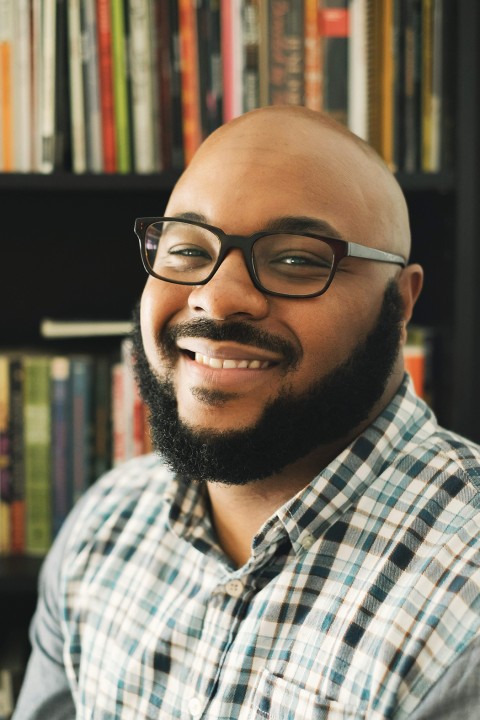A young poet shaped by religious language
“When I was nine or ten, I decided I needed to read the King James Bible.”

Nate Marshall is a poet and rapper whose work about growing up on the South Side of Chicago, Wild Hundreds, was awarded the Agnes Lynch Starrett Poetry Prize. He is a member of the poetry collective Dark Noise and coeditor of The BreakBeat Poets: New American Poetry in the Age of Hip-Hop.
You were raised in a black Lutheran church. How has that influenced your poetry?
My entire context for Lutheranism is via black folks. I’ve actually never been to a white Lutheran church.




